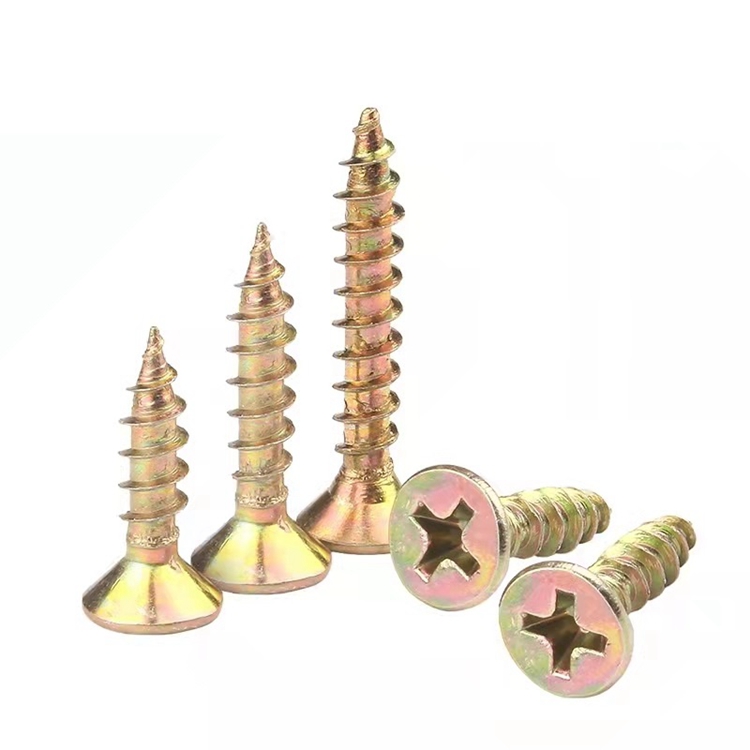Top Suppliers for High-Quality Press Nuts in the Industry Today
Dec . 04, 2024 07:45 Back to list
Top Suppliers for High-Quality Press Nuts in the Industry Today
Exploring the Market for Press Nuts Suppliers
In the realm of manufacturing, the smallest components often play the most crucial roles in ensuring functionality and efficiency. One such component is the press nut, a type of fastener that serves as an anchor for threaded bolts or screws within different materials. As industries continue to evolve and demand for robust, reliable components increases, the market for press nuts suppliers has seen significant growth. This article delves into the nature of press nuts, their applications, and key considerations when selecting suppliers.
Understanding Press Nuts
Press nuts are designed to be permanently attached to a component or assembly, allowing for a secure and stable fastening system. Available in various designs and materials, including steel, aluminum, and plastic, press nuts can accommodate different thread sizes and load requirements. Their installation often involves a high-speed pressing process that embeds the nut into the surrounding material, providing a strong connection that does not require welding or additional fasteners.
These fasteners are widely used across various industries, including automotive, aerospace, electronics, and appliance manufacturing. Their ability to provide reliable performance under stress makes them ideal for applications where space is limited, and weight is a crucial factor.
Applications of Press Nuts
Press nuts serve several key applications across different sectors. In the automotive industry, they are used in vehicle assemblies to reduce weight while enhancing structural integrity. For electronics, press nuts secure circuit boards and components in housings, ensuring that they remain stable during operation. In appliance manufacturing, these fasteners are crucial for assembly processes that require high precision and reliability.
Moreover, the rise of consumer electronics and the shift toward more sustainable manufacturing practices have further fueled demand for efficient fastening solutions. As manufacturers strive to produce lighter components that do not compromise on strength, press nuts have become increasingly prevalent.
Selecting a Press Nuts Supplier
press nuts suppliers

The selection of a reliable press nuts supplier is a critical decision for manufacturers
. Here are several factors to consider when choosing a supplier1. Quality Standards Manufacturers should prioritize suppliers that adhere to rigorous quality standards, such as ISO certifications. High-quality press nuts not only enhance the integrity of the assembly but also minimize the risk of failure.
2. Material Options Suppliers should offer a diverse range of materials to accommodate specific application requirements, including variations in load capacity and environmental resistance.
3. Customization Capabilities The ability to customize press nuts according to design specifications is crucial for many manufacturers. A supplier that can provide tailored solutions may offer a competitive edge.
4. Lead Times and Availability Timely delivery of components is essential in maintaining production schedules. Assessing a supplier's lead times and ability to scale with demand can significantly impact manufacturing efficiency.
5. Technical Support A good supplier should provide comprehensive technical support, assisting manufacturers with installation guidance and troubleshooting to ensure successful application of their products.
The Future of Press Nuts Suppliers
As technological advancements continue to shape manufacturing processes, the role of press nuts suppliers will expand. Innovations in materials science may lead to the development of new types of press nuts that offer better performance under various conditions. Additionally, the increasing focus on sustainability suggests a need for suppliers who can offer eco-friendly and recyclable options.
In conclusion, the market for press nuts suppliers represents a vital segment within the manufacturing industry. Their importance in ensuring quality and efficiency in various applications cannot be overstated. By carefully selecting a supplier based on quality, diversity, customization, and support, manufacturers can bolster their production capabilities and contribute to their industry's growth. As we look to the future, ongoing collaboration between manufacturers and suppliers will be key to meeting the challenges and opportunities that arise in this dynamic landscape.
Latest news
-
High-Quality Panel Stud Bolt Reliable Panel Stud Bolt Factory & Suppliers
NewsJul.08,2025
-
High-Precision Fine Thread Locknuts Manufacturer & Supplier Custom Solutions
NewsJul.08,2025
-
PH Imperial Stud Bolt – High Strength Fasteners from Leading Supplier & Factory
NewsJul.07,2025
-
High-Quality Allen Wrench Bolts Leading Factory, Company & Suppliers
NewsJul.07,2025
-
Wholesale Ball Stud Bolt - High Quality Supplier & Factory Price Reliable Wholesale Ball Stud Bolt Company
NewsJul.06,2025
-
High-Strength Alloy Bolts Manufacturer & Supplier Quality Alloy Fasteners Factory
NewsJul.06,2025
